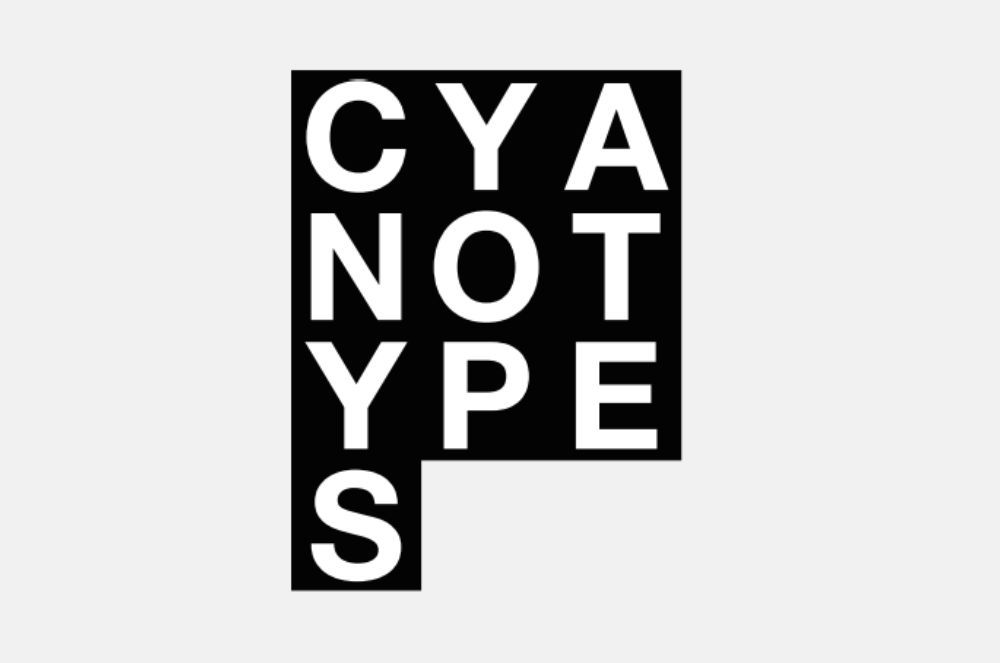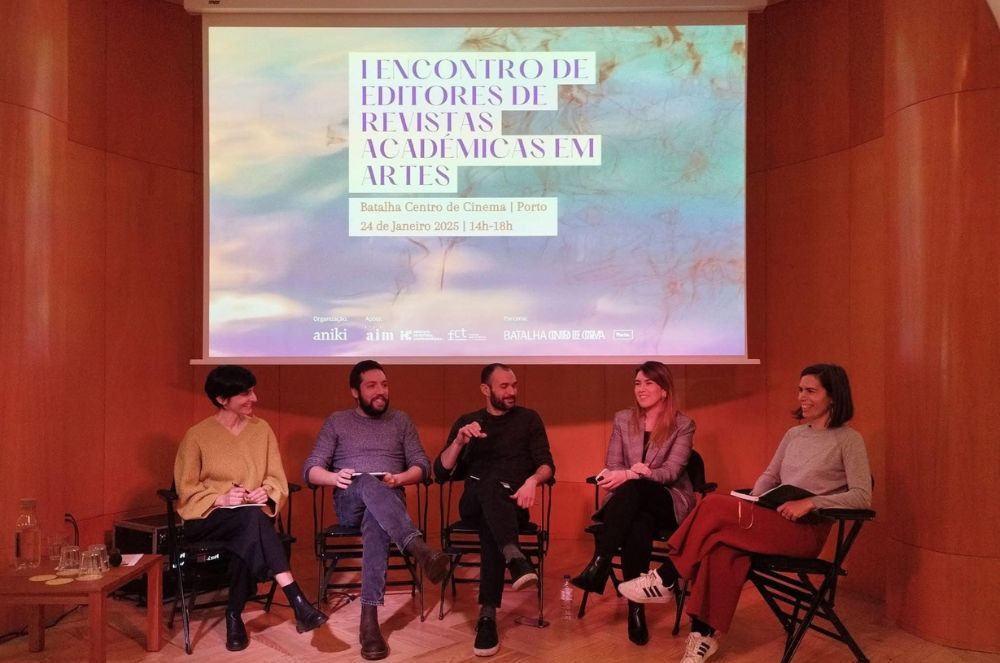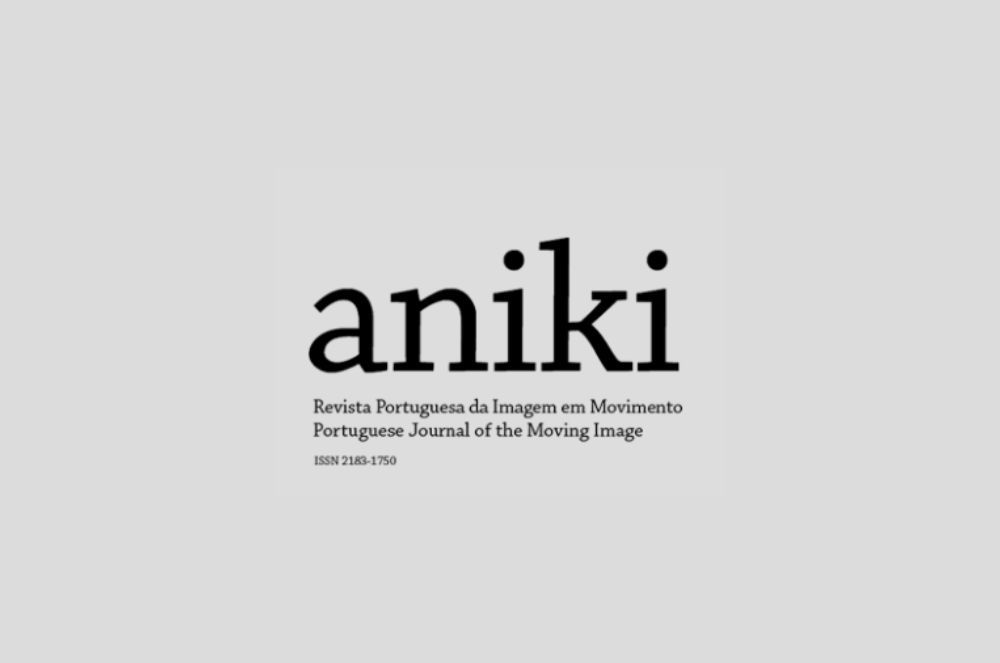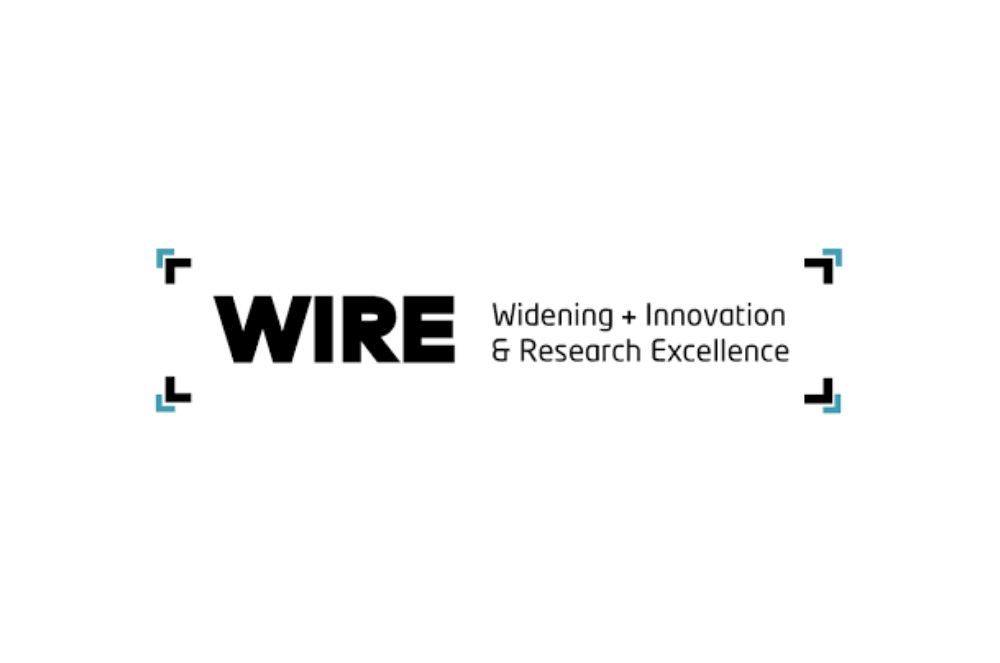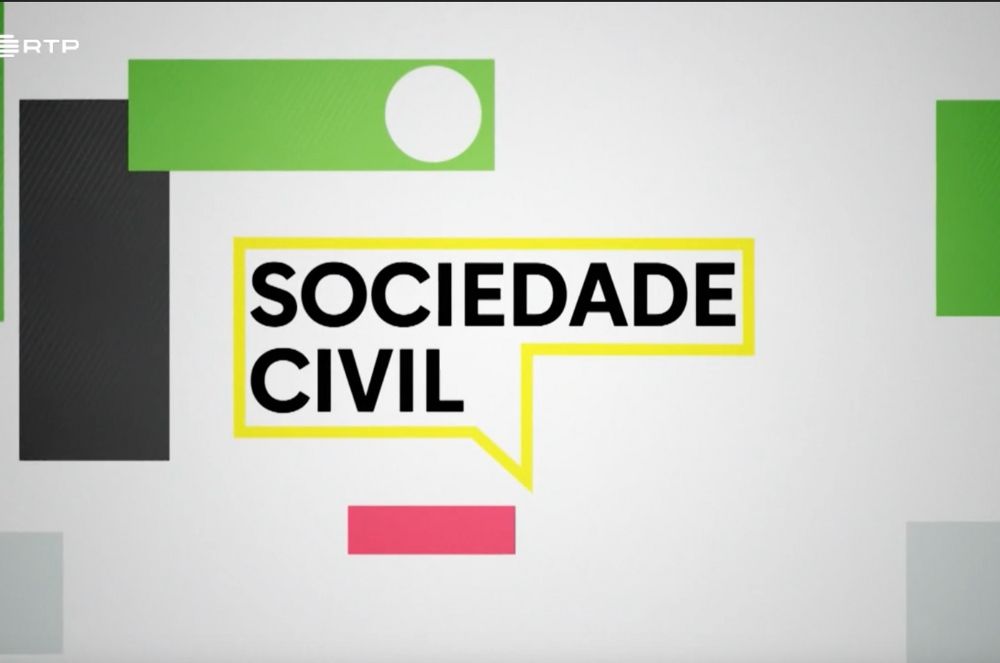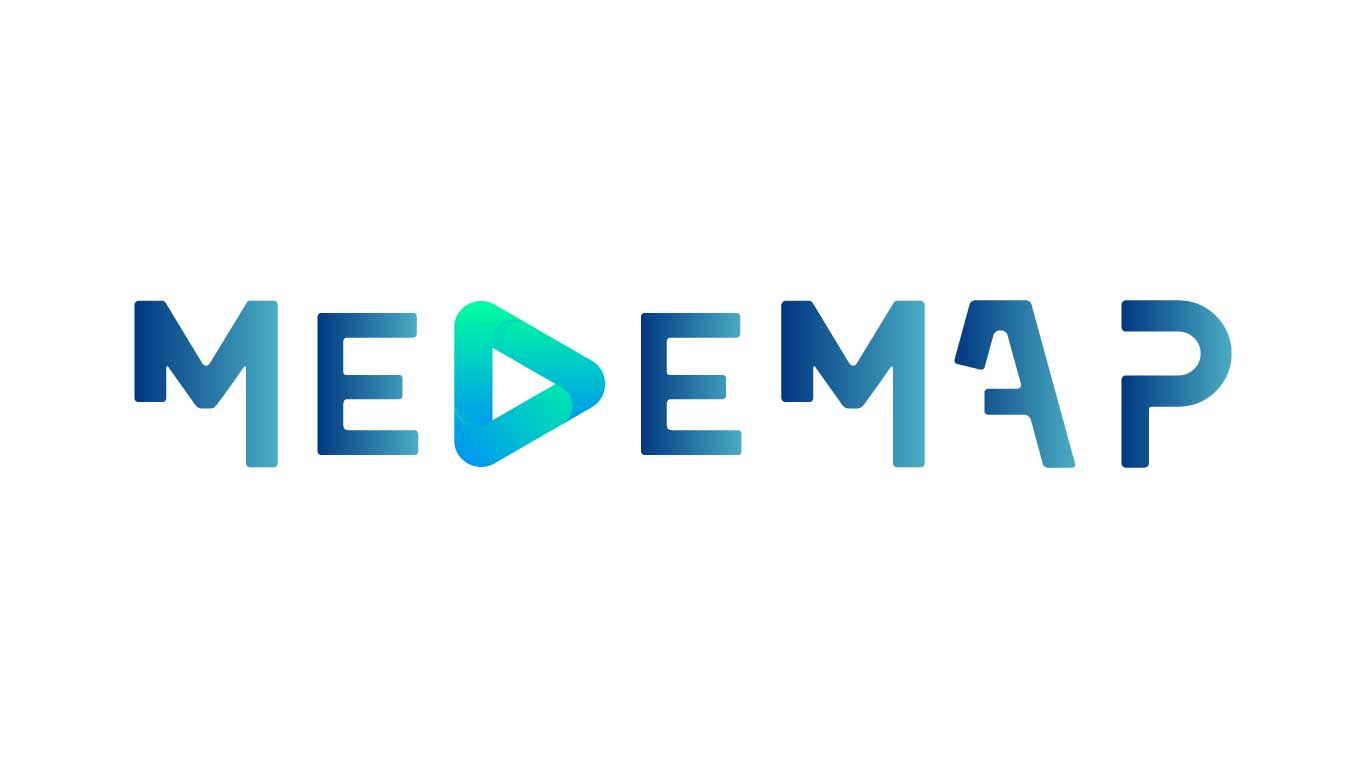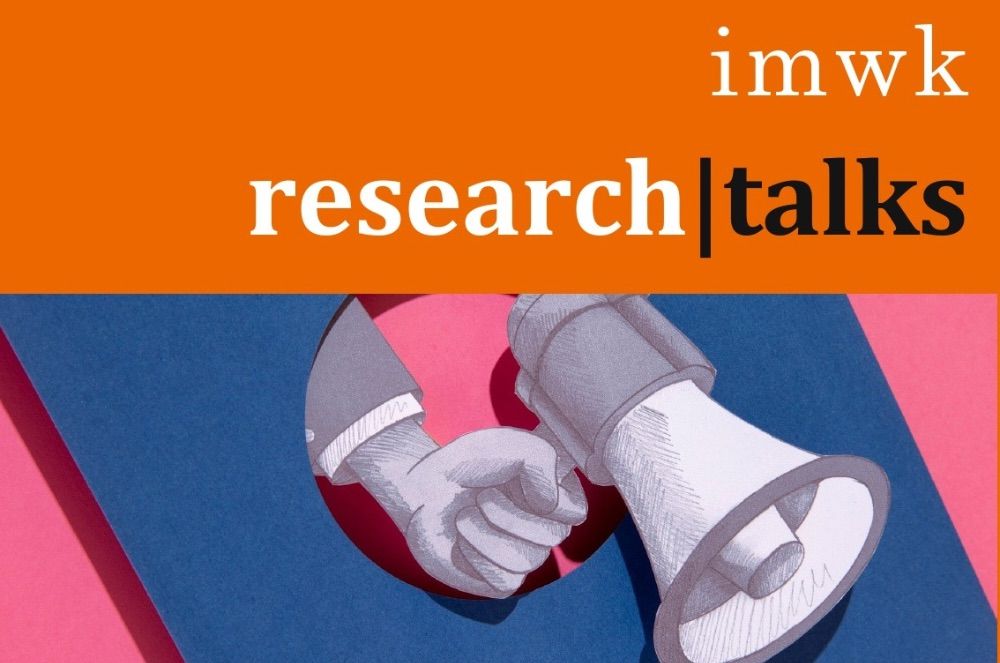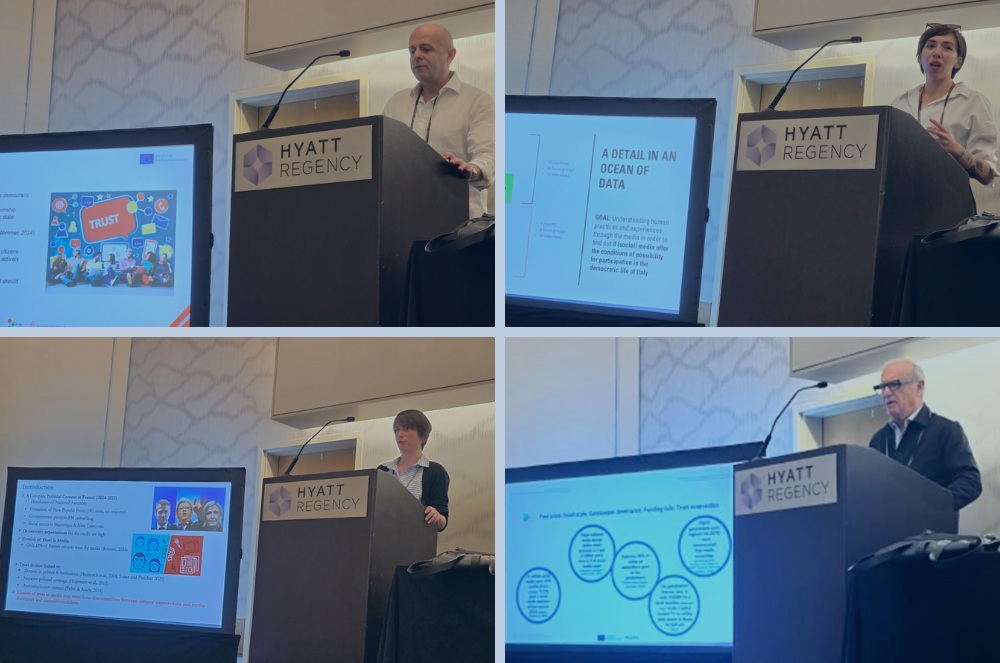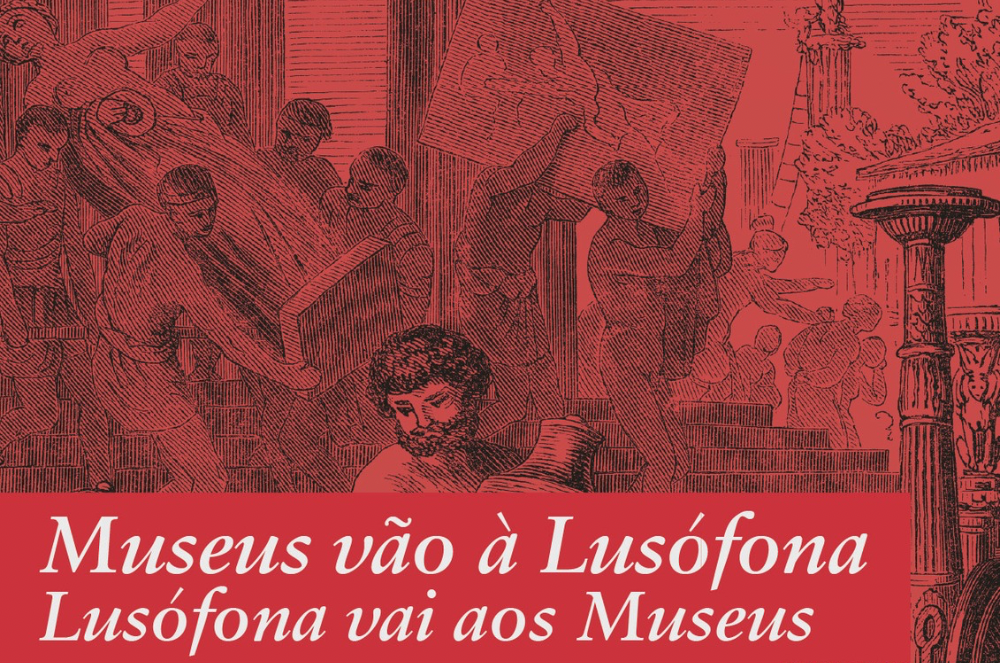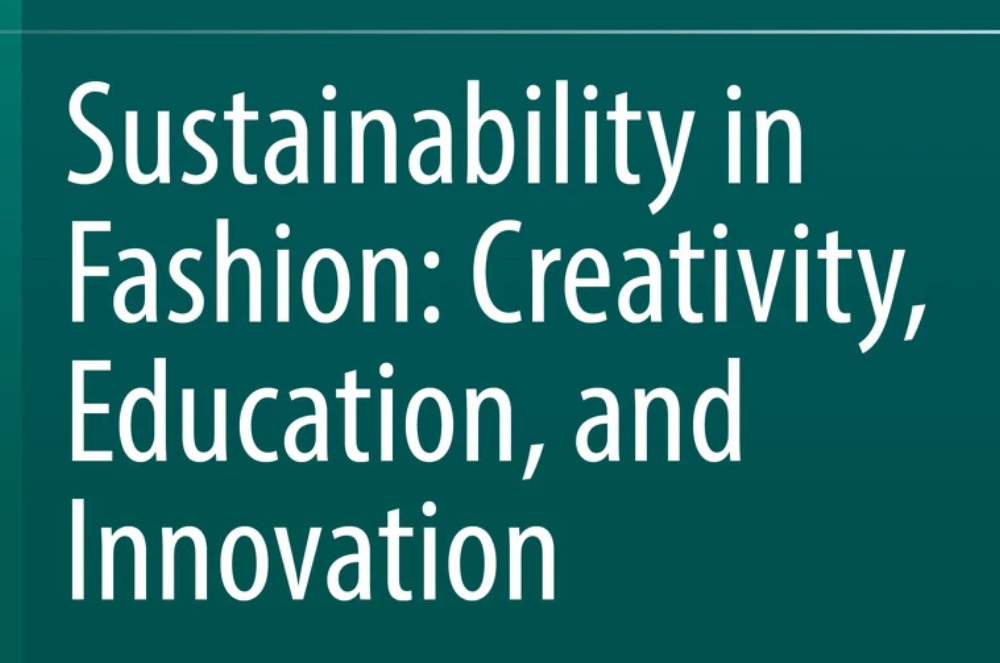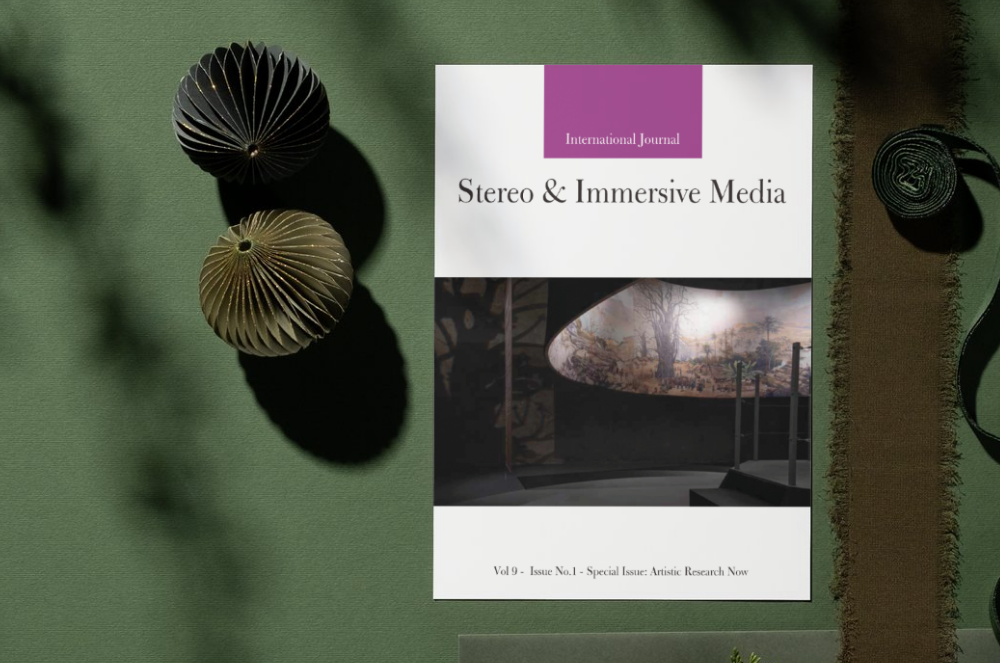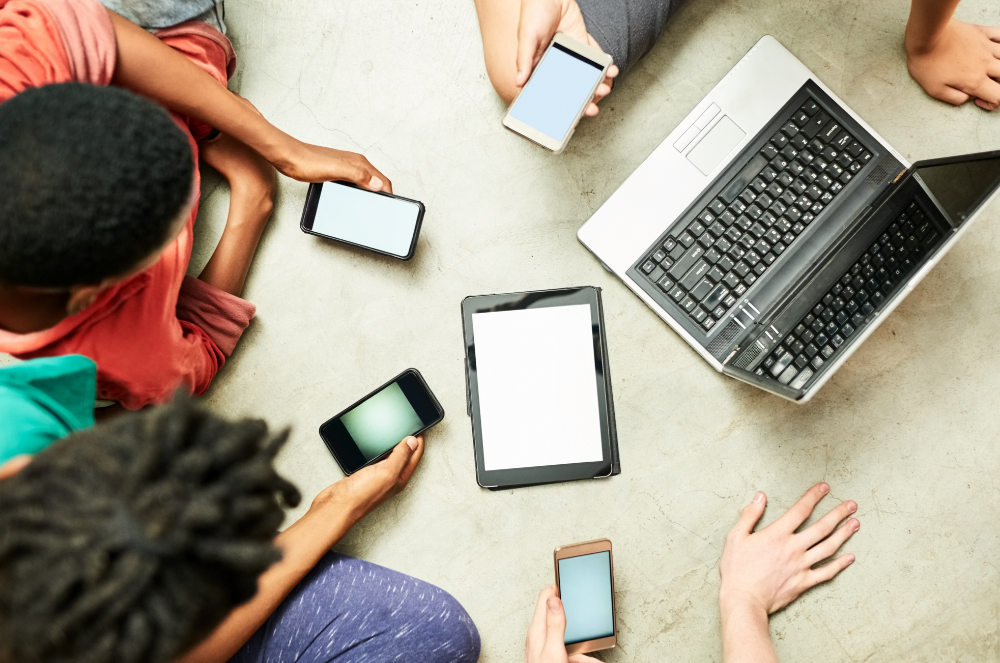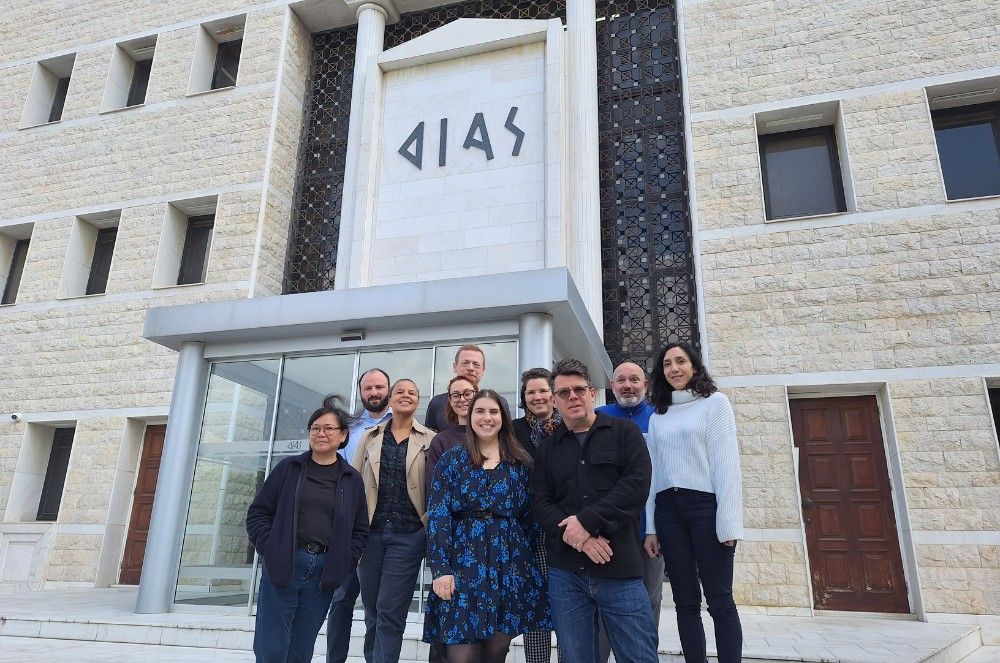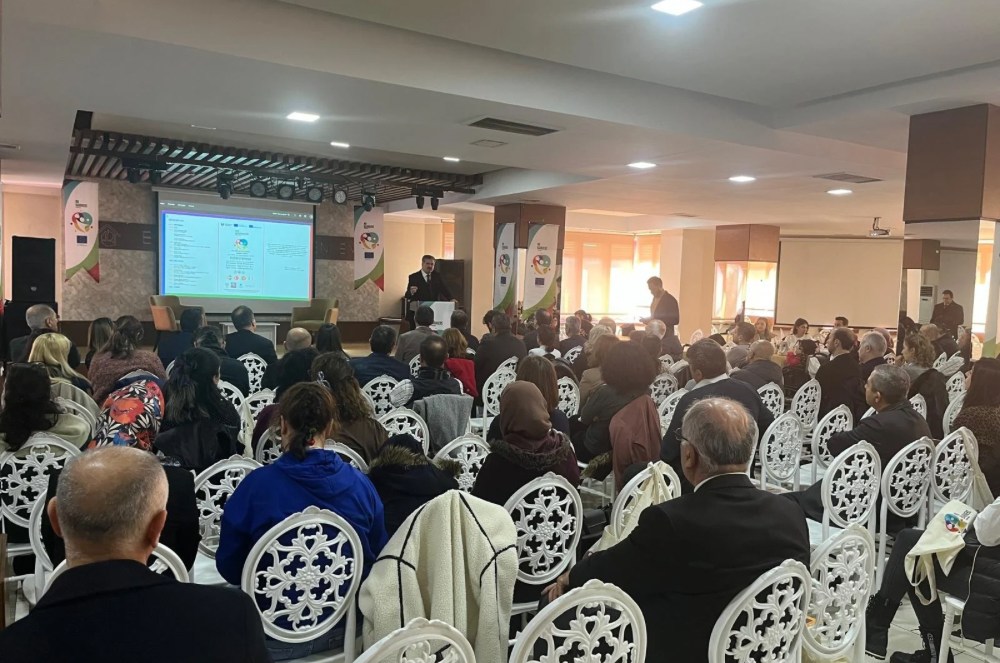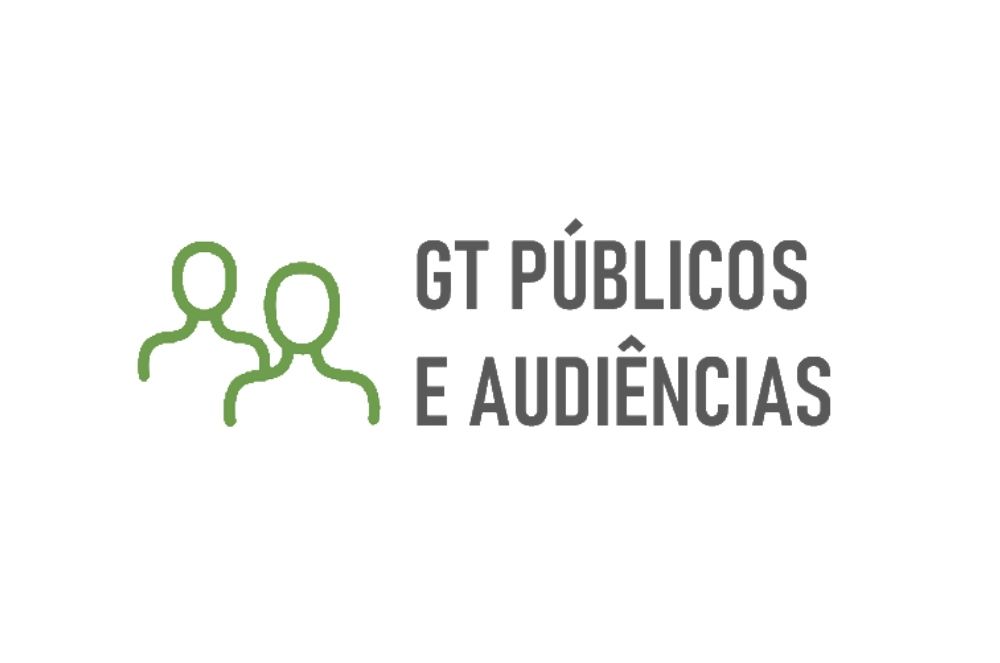ODS 14 Proteger a Vida Marinha
Lusófona University/CICANT becomes an Integrated Member of the UNESCO MIL Alliance
As of July 3, 2025, Lusófona University and its research centre CICANT (Centre for Research in Applied Communication, Culture, and New Technologies) are officially members of the UNESCO Media and Information Literacy Alliance (MIL Alliance). This development positions the institution within a global network dedicated to advancing media and information literacy (MIL) across educational and societal contexts.
The MIL Alliance is a UNESCO-led initiative that brings together institutions, experts, and organizations from around the world to strengthen international cooperation in media and information literacy. Its primary goal is to promote the development of critical skills among citizens to navigate, analyze, and respond to media content in increasingly complex information environments.
Membership in the Alliance marks a significant step in Lusófona University and CICANT’s ongoing efforts to support media literacy education in Portugal and beyond. It also reflects a broader institutional commitment to addressing challenges such as disinformation, media manipulation, and the need for critical engagement with digital content.
According to Manuel José Damásio, Director of CICANT, the university's participation in the MIL Alliance “reinforces our commitment to promoting a more informed and conscious society. Media and information literacy is a key foundation for tackling global challenges in the 21st century.”
The Alliance includes a wide range of international institutions working together to support media education, with an emphasis on policy development, research collaboration, and public engagement. Lusófona University’s involvement contributes to these aims through its research, academic programs, and international partnerships in the field of media studies.
MagLab-led FilmEU+ mobility project secures funding to advance Interconnected Journalism
MagLab in collaboration with Ireland's Dún Laoghaire Institute of Art, Design and Technology (IADT) and Estonia's Tallinn University (TLU), has been awarded support through the FilmEU+ Collegium staff mobility scheme. The project, titled “Interconnected Journalism: reconnecting people to and through the media,” successfully secured funding to host the mobility programme, with Lusófona University acting as the official host institution.
Central to this project is Interconnected Journalism, a new conceptual framework that selects timely topics and portrays them through the eyes of diverse communities, illuminating the social threads that bind us. By giving voice to multiple perspectives, Interconnected Journalism seeks to combat social indifference, counter hate speech and populism, and reaffirm journalism’s crucial role in strengthening democracy. Under the coordination of MagLab, part of CICANT | Lusófona University, this cross-border staff mobility will put these principles into practice through collaborative research, workshops and curricular exchanges.
The partnerships with IADT and TLU underscore a shared commitment to enhancing Erasmus-fueled staff collaboration among FilmEU+ institutions. The announcement highlights not only the recognition of the proposal’s relevance but also the sound organisational capacity of MagLab and its consortium partners.
MeDeMAP showcases award-winning research at ICA 2025
CICANT's MeDeMAP project was featured at the 75th Annual Conference of the International Communication Association (ICA), held from 12–16 June 2025. This international event brought together leading scholars and professionals under the theme “Disrupting and Consolidating Communication Research”, with a focus on the evolving challenges and opportunities within the field.
MeDeMAP’s presence at ICA 2025 included a dedicated panel, alongside three additional paper presentations, highlighting the breadth and depth of the project’s contributions to communication studies.
A standout moment was the recognition of Maren Beaufort and Josef Seethaler, who received a prestigious Top Paper Award for their work developed within the MeDeMAP framework. This distinction underscores the academic excellence and impact of the project’s research outputs.
Participation in such a high-profile international conference reinforces MeDeMAP’s growing relevance within the global research community and reflects CICANT’s continued commitment to mapping media for future democracies.
MeLCi Lab organises the V Autumn School
MeLCi Lab announced its fifth Autumn School, themed “AI Research Practice and Media and Communication: Science bootcamp to improve research hands-on skills”, which will be held online from November 11th to 14th, 2025. This year, MeLCi Lab will partner with AISIC Lab to co-organise the event.
The MeLCi Lab Autumn School invites applications from PhD students, postdoctoral researchers, and early-career scholars for a four-day intensive online program focused on innovative research methods at the intersection of AI, Communication, and Media Studies.
The School combines practical workshops and keynote lectures, allowing participants to develop hands-on skills with classical and AI-driven methodologies.
In 2025, the school’s AI tracks are specifically designed to meet the needs of media studies and PhD students, post-doctoral researchers, and early-career scholars. Participants will explore case studies and practical examples directly relevant to media analysis, digital journalism, and content curation. The sessions will address unique challenges in media-related research, such as bias in content classification, audience segmentation, and the interpretative complexity of multimedia annotation. Interactive workshops and tailored exercises will enable participants to apply AI tools to media-specific datasets, ensuring immediate applicability and facilitating deeper understanding through experiential learning.
This year’s tracks include:
-
Foundations of current AI tools
-
Accountable Literature Search Using AI Tools
-
AI-Assisted Data Annotation in Research Pipelines
-
Civic Cultures and Artificial Intelligence
-
Digital Citizenship and Media Literacy in an AI-Mediated World
-
Data Ethics, Equity, and Inclusivity in AI Research
The call for proposals is open until September 26th. Soon, the full program will be announced on the lab’s website
Museums Meet Lusófona: Exploring, Reimagining, and Sharing Cultural Heritage with Digital (and Analog) Tools
CICANT announces the event “Museums Come to Lusófona / Lusófona Goes to the Museums: Exploring, Reimagining, and Sharing Cultural Heritage with Digital (and Analog) Tools”, taking place on 30 May 2025.
This initiative aims to foster collaboration between Portuguese museums and Lusófona University, creating new opportunities for innovative partnerships. The session is open to all faculty and students from all academic cycles of the university, with a special focus on the Department of Communication, Arts and Information Technologies (DCAM) and the Department of Film and Media Arts (DCC).
Invited museums will briefly introduce their institutions and present proposals for collaboration with Lusófona, inspiring new synergies between academia and the museum sector.
A key highlight of the event is the official launch of the CICANT Crea-Heritage Lab, a new laboratory dedicated to innovative promotion of cultural heritage, combining digital and analog approaches.
Programme
14:30 - Opening & Welcome
- José Gomes Pinto (CICANT Director): Welcome and brief introduction to CICANT
- Célia Quico: Presentation of the Crea-Heritage Lab and Lusófona’s cultural heritage projects
15:00 - Bordalo Pinheiro Museum (Lisbon)
- João Alpuim Botelho (Director)
15:20 - José Malhoa Museum (Caldas da Rainha)
- Nicole Costa (Director)
15:40 - Talking Machines Museum (Alcobaça)
- Alberto Guerreiro (Coordinator of the Museums, Alcobaça Municipality)
16:00 - National Costume Museum (Lisbon)
- Dóris Santos (Director)
16:20 - Museum of the Orient (Lisbon)
- Sofia Lopes (Director)
16:40 - Maritime Museum
- Augusto Alves Salgado (Director)
17:00 - Closing: Q&A + Wrap-up
- Moderated by Célia Quico
CICANT looks forward to welcoming you for an afternoon of dialogue, knowledge-sharing, and new collaborative opportunities!
New academic volume co-edited by CICANT researchers published by Springer
CICANT announces the publication of a new academic volume, edited by Alexandra Cruchinho and José Carlos Neves. It’s now available on Springer’s platform: https://link.springer.com/book/10.1007/978-3-031-80991-0.
This scholarly work brings together a distinguished collection of contributions in the fields of communication, culture, and emerging technologies. Organised into thematic sections, the book offers a comprehensive overview of current challenges and developments, including:
- Critical analysis of contemporary communication dynamics, particularly the societal impacts of new technologies;
- Innovative case studies, exploring the intersection between digital culture and communicative practices;
- Empirical and theoretical contributions, ranging from hyperlocal journalism and augmented reality to participatory research methodologies in digital contexts.
Intended for academics, professionals, and advanced students, the volume serves as a valuable resource for both reflection and applied research. It is available in print and digital formats, with complimentary eBook access granted to editors and contributing authors.
Nicosia welcomes NewsArcade@Classroom project kick-off meeting
The kick-off meeting for the NewsArcade Classroom – "Seriously Play the News in the Classroom!" project took place on January 22–23 in Nicosia, Cyprus. Hosted at the headquarters of DIAS PUBLISHING PUBLIC, the project coordinator, the meeting brought together consortium members, including:
🇩🇰 PORTAPLAY APS (Denmark)
🇩🇪 IN2 DIGITAL INNOVATIONS GMBH (Germany)
🇫🇷 Association Pour l'Éducation aux Médias (France)
🇩🇰 International People's College (Denmark)
🇵🇹 Universidade Lusófona (Portugal)
Building on the success of the original NewsArcade project, which introduced a gamified approach to news content to enhance young adults’ media literacy, NewsArcade Classroom takes this concept further. This new initiative shifts the focus entirely to education, adapting and optimizing both the format and its authoring tool specifically for classroom use.
The project, funded by Creative Europe – MEDIA, will run for 24 months, aiming to equip educators with innovative tools to engage students in critical news consumption through interactive gameplay.
Óbidos Hub Hosts “Cultural Storming” Ahead of 4th Cultural Game Jam
As part of the build-up to the fourth edition of the Óbidos Cultural Game Jam, a set of inspiring Pre-Jam activities took place on April 28th, bringing together students from Lusófona University and Josefa d’Óbidos High School for a day of cultural exploration and creative ideation.
Organized by the Óbidos Hub, the day began with a historical lecture at the town’s Interior Design Centre. Students delved into Óbidos’ rich and layered past - from the Portuguese conquest in 1148 to the enduring Islamic influences on Portuguese customs, culture, and language.
This was followed by a guided walking tour of Óbidos, where participants visited iconic landmarks such as the Castle and the Gate of Our Lady of Grace. Along the way, they uncovered the town’s many myths, legends, and historical anecdotes that continue to shape its identity.
The day concluded with a collaborative “culture storming” session at Josefa d’Óbidos High School. The exercise invited students to brainstorm creative concepts for the upcoming Cultural Game Jam, scheduled for May 13–16. Drawing from their experiences during the “Cultural Storming,” students began shaping ideas that will soon be transformed into games inspired by Óbidos’ unique cultural heritage.
Online gatherings of the Publics and Audiences working group return for 3rd season
The Online gatherings with the Publics and Audiences WG, co-coordinated by researcher Maria José Brites (Universidade Lusofona, CICANT) together with Marisa Torres da Silva (Universidade NOVA de Lisboa, ICNOVA) returned this January 2025 for their 3rd series, after two ‘seasons’ full of sharing and interconnections.
The first session of the 3rd series sought to articulate themes associated with the Advertising and Media Policies, Regulation and Economics WGs with the dimension of Audiences and Publics.
The session featured interventions by Paulo Pinto Silva and Paula Dias Aguiar (respectively, professor at the Viseu School of Education and doctoral student at the University of Minho) and Mariana Lameiras (researcher at the United Nations University Operational Unit for Public Policy-Oriented Electronic Governance and co-coordinator of PolObs).
The session is now available on YouTube and can be rewatched here.

